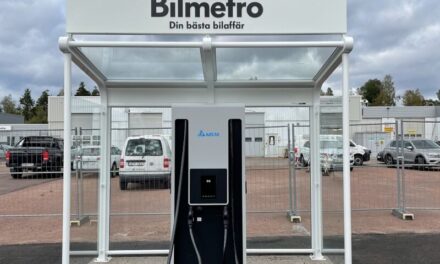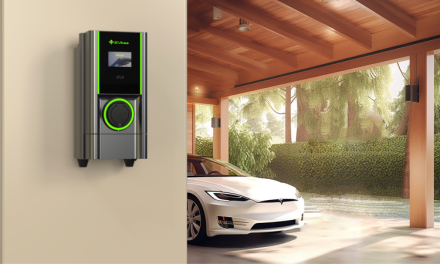According to Adrian Keen, CEO of InstaVolt: “The challenge of building the public charging infrastructure required to support the Government’s plan to ban the sale of new ICE vehicles from 2030 is one that the private sector is embracing. As an industry we know it is a big challenge – there is no complacency here – but we’re seeing more and more money being deployed in charging infrastructure from both existing networks and new entrants, and innovations in technology to drive down the cost of investment and improve the customer experience.
“As an example, InstaVolt has recently pledged to grow its network to 10,000 rapid chargers by 2030, and we are continually investing in enhancing the customer experience.
“The rate of growth in infrastructure in the UK is encouraging, with a 38% increase in rapid chargers in the 12 months to September 2021. Institutional landowners and big brands are now beginning to see the benefits of having EV charging on their sites to drive footfall and their own ESG ambitions which will allow for even greater growth.
“Undoubtedly there is much more to do with private landlowners, but Local Authorities can play a significant part in the roll-out too by engaging with the private operators to make their land available for charging. Short stay car parks, roadside locations, even leisure centres all have a role to play in the provision of public charging so I would encourage those local authorities to seize the opportunity and engage with the market. Its quite common for this deployment to be at no cost to the Local Authorities, so its good value for the public purse, so I’m surprised Local Authorities have so far been reluctant to engage.”





